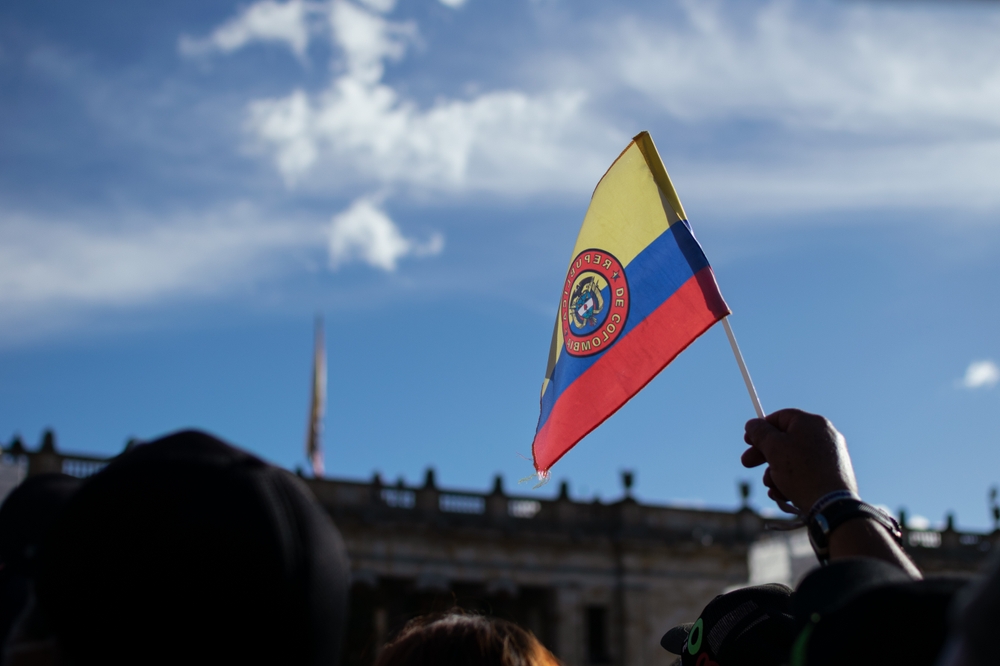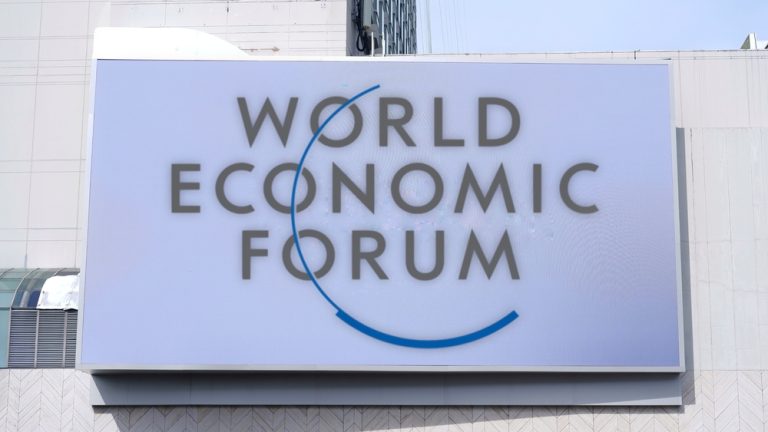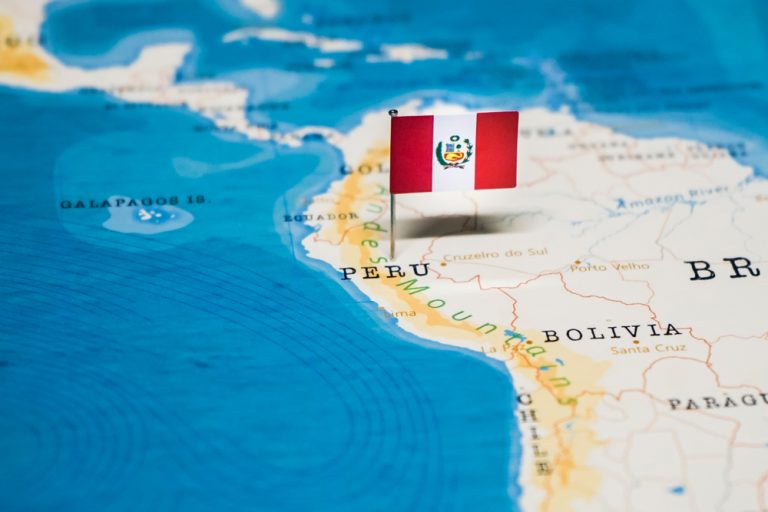
The first results of Petro’s leftist politics: rather a fiction or a consistent path?
The most vivid representative of the “pink wave” in Latin American politics, which manifested itself in the mass rise to power in various countries of the region of the left and socialists, was Colombian President Gustavo Petro. His special status and position were determined by several factors. First, he was elected before many of his political associates in the neighboring countries, winning the second round of the presidential election as early as June 19, 2022. Second, he is the first socialist in a series of liberal and conservative presidents who has taken away the right-wing monopoly of power. Third, Petro himself is a former partisan of the M-19 group, and is a sufficiently radical and ideological leftist, not just a populist under a socialist “wrapper”. Finally, liberal-conservative Colombia has always been a backbone country for the United States in fighting the spread of communism in South America, and local authorities have always focused on Washington’s opinion even more often than on their own constituents’ interests. With Petro in power, this traditional order of things could undergo serious changes.

However, like some of his colleagues, he faced a very difficult choice. The Democratic Biden administration was very loyal to leftists and socialists, preferring them to conservative “Trumpists”. And there may have been persistent signals to Petro that he should not take overly radical steps and abruptly break the relationship with Colombia’s main geopolitical ally. Already at the beginning of his term, the new president sensationally decided to restore trade relations with “renegade” Venezuela, but this bold, at first glance, action had a “double bottom”. Ironically, at about the same time the U.S. also moved toward a rapprochement with Caracas to overcome the oil and energy crisis. In this light, Petro’s moves did not look like a step toward greater autonomy for his country to make independent decisions, but merely followed the trend set by their senior partners.
In the spirit of left-wing environmental politics, which at the same time suits the Democrats in Washington, Petro also spoke at the World Economic Forum in Davos. He proposed writing off debts to countries that provide global ecological services by severely limiting energy production from oil and coal. Indirect evidence of his ties to the democracy lobby was his schedule at the forum, which was tightly scheduled for meetings with the heads of numerous multinational corporations. He spent a great deal of time, for example, meeting with former U.S. Vice President Al Gore, who not only won the Nobel Peace Prize in his time, but also sponsored the passage of the Organ Procurement and Transplantation Network act in the United States. There are persistent rumors that this network is connected to Democrat pressure groups, and that the recipients of the organs are people from the Third World, including Colombia.
But Petro demonstrated a greater principled approach to peace with the country’s leftist paramilitary groups, demonstrating real rather than imagined changes in Colombia’s political orientations. The long civil war between the government and the rebels has been a real disaster for the country. Colombia has been in armed conflict for more than half a century, during which more than 262,000 people have died and millions have left their homes. The key leftist organization, the Revolutionary Armed Forces of Colombia (FARC), which was formed in 1966 from self-defense militias of communist peasants, regularly had up to 20,000 fighters. The authorities and the rebels negotiated a long peace, which ended with the signing of a peace agreement in 2016. After the demobilization of 13,000 men, the Comunes political party was formally established on the basis of the FARC, but due to the failure of past governments to fulfill conditions, some of the reconciled later returned to guerrilla activities and drug trafficking. The number of these fighters reached up to 6,000 by the end of 2022.

For Petro, reconciliation between the rebels and the government was an issue related to his complicated life path. At the age of 17, as a student, he joined the left-wing guerrilla group, the April 19 Movement (M-19), which arose in protest against rigged elections. He was active in military and political activities during those years, and quickly became one of the group’s leaders. He was then still a supporter of the armed struggle and in 1985 he was arrested for illegal possession of weapons and sentenced to 18 months. Shortly after his arrest, the M-19 stormed the Palacio de Justice in Bogotá, killing at least 98 people, and Petro later strongly condemned the action and denied any involvement in the events. By the time Petro was released in 1987, he had concluded that armed revolution was not the best strategy for winning popular support, and two years later, under his pressure, M-19 entered into peace negotiations with the Colombian state. After his amnesty, Petro clearly took the path of legal political struggle and participated in the formation of the political party Democratic Alliance M-19 (AD M-19). This was the beginning of his long and successful path to the presidency of Colombia, and once he took it, he clearly decided to spread his peaceful philosophy throughout the country.
Negotiations with the rebels began immediately after the elections, and the first preliminary agreements were signed in the fall. Even then, the key factions unilaterally declared a cease-fire for the period of Christmas holidays until 2 January. On January 1, 2023, the president gave Colombians a peculiar and pleasant New Year present. Gustavo Petro announced a final bilateral cease-fire with the National Liberation Army (ELN), Revolutionary Armed Forces of Colombia (FARC) and other rebels from January 1 to June 30. The Petro government came to power in Colombia in the summer of 2022 with the promise of a comprehensive peace with the country’s many rebel militias and paramilitary drug trafficking groups, along the lines of the albeit ill-fated but meaningful 2016 peace accords with the FARC. The country is tired of the ongoing bloody confrontation, and Petro has so far kept his promises. Politically, this is a clear indicator of a change in attitude toward the radical left, which is ceasing to be untouchable terrorists and becoming a legitimate political force. It is now difficult to predict whether there will be a lasting peace. It is also difficult to predict the reaction of the United States, which is obviously not happy about this change. But one thing is certain: Colombia will not be the same after Petro, and it will probably become much more independent in both domestic and foreign policy.


Average Rating